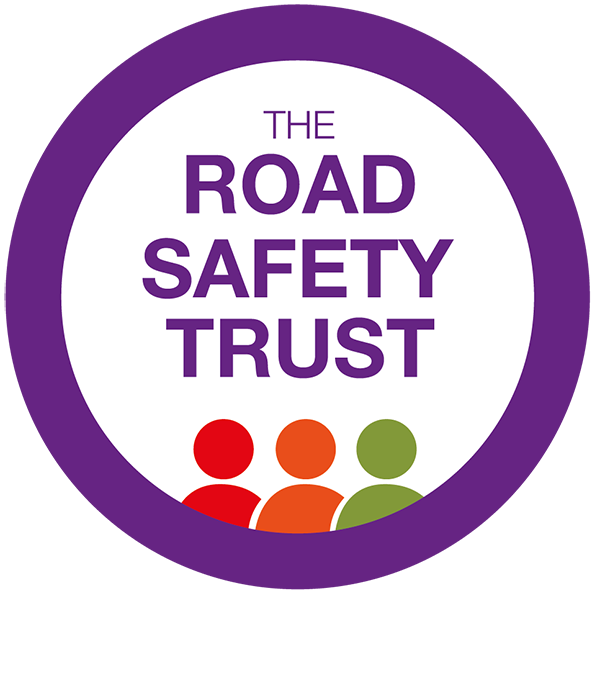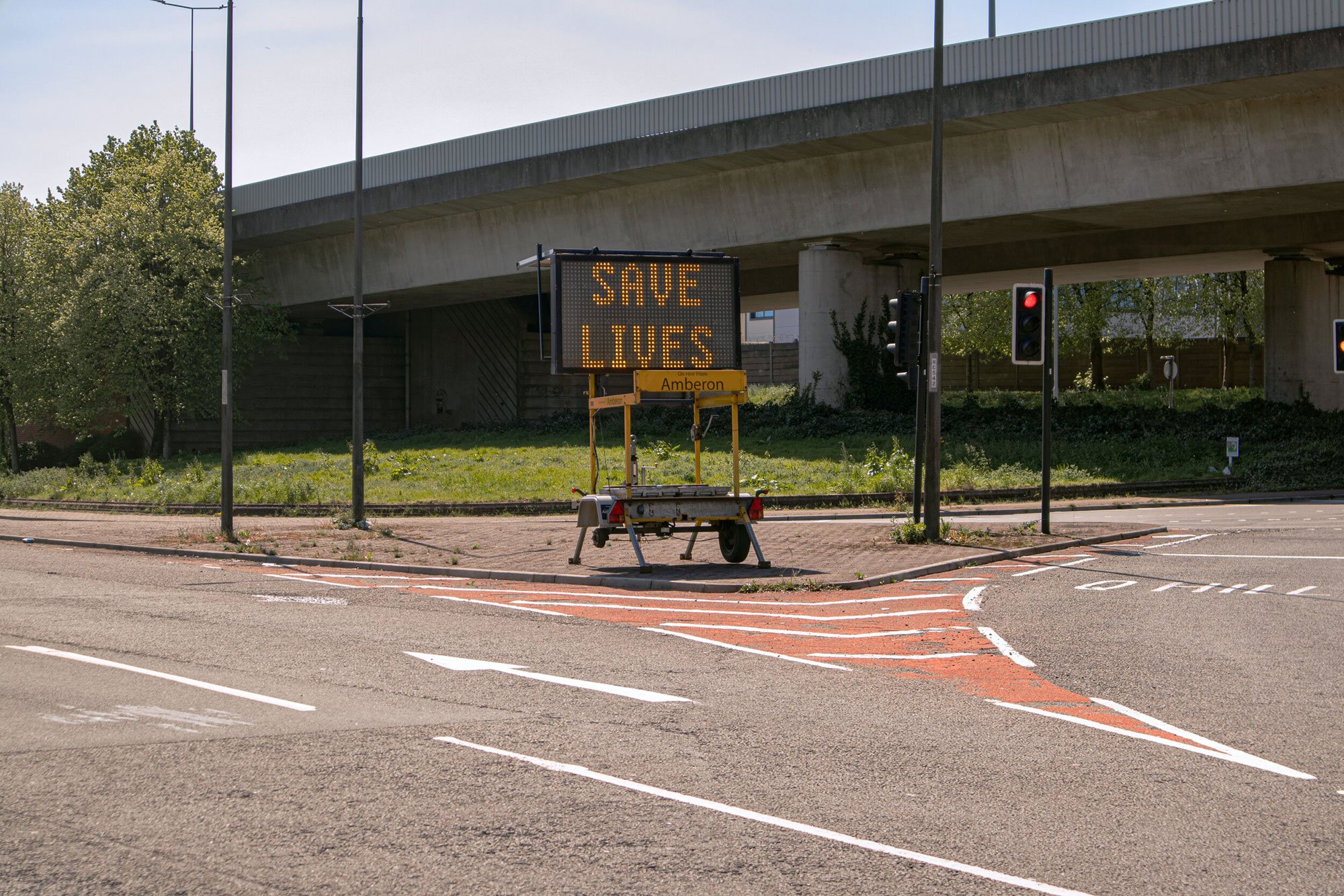£180k funding announced to progress road safety projects to implementation
The Road Safety Trust is inviting applications to help progress four projects to their next stage of making a tangible difference to UK road safety.
For the first time, the Small Grants Programme will provide funding that focuses on supporting previously funded and completed projects to implementation stage. Eligible applications will build on the previous learning and evidence through pilots and trials of new innovations, expanding successful trials across a new area and/or evaluating existing interventions. This Small Grants round has a total budget of £180k with between £10k and £30k for each project and will be open for applications from 22 March until 26 April 2022.
As the largest independent road safety grant-giver in the UK, The Road Safety Trust has awarded grants worth £3.9m to 56 projects since it was established in 2014. Four of these previously funded projects lend themselves to being progressed by new organisations to make a difference to road safety through this grant round:
Community Corners, improving safety through neighbourhood schemes for traffic calming. This is a low cost, community-led, street design approach to traffic calming, trialled by Transport Research Laboratory in 2018. The Trust is looking for more trials and evaluations to gather supporting evidence of the link between road design and driver behaviour. Applications for this next stage should tie in with local priorities and aim to improve road safety by reducing collisions and casualties resulting from speeding, residents’ perceptions of their community, environment on the street and safety.
Mobile Engaged, tackling mobile phone use by drivers. Using the Mobile:Engaged Compendium produced as a resource by Keele University, applicants are invited to trial one or more of the practical interventions featured in it, or conduct evaluations to tackle mobile phone use by drivers. Trials and/or evaluations could be at a local, regional, or national level.
Improving Driving Behaviour through Mindfulness – Research undertaken by Nottingham Trent University indicates that mindfulness can have positive effects on a range of safety-related behaviours such as speed variance and driver focus. Applications are invited to trial this mindfulness research in a practical way to improve road safety at either a local, regional, or national level.
Targeting Road Injury Prevention (TRIP), using data and intelligence to understand who is causing serious collisions and to develop road safety campaigns. Applicants are invited to further trial the ‘culpability tool’ and analysis from the previously funded project run by Addenbrooke’s Charitable Trust with Cambridgeshire and Peterborough Road Safety Partnership in another geographical area of the UK.
Sally Lines, Chief Executive of The Road Safety Trust said:
“This is the first time that we have run a grant funding round offering the opportunity to take forward a project that has been funded and completed but which holds the potential to improve road safety in other parts of the UK.
“The Trust felt that it was time to support these exciting projects to their next stage towards implementation. Applications should outline how they are able to take one of the four areas of work forward through trials, further insight and evaluation to help reducing deaths and injuries both locally and across the UK.
“To support interested applicants, we are offering a webinar on Thursday 24th March with the Trust’s Grants team who will be able to offer insight and advice on the guidance for this Small Grants round.
“We welcome applications from across the UK and are looking forwarding to receiving a high number of quality applications from all geographical areas and different types of organisation in the public and third sectors.”
Each application should have a lead organisation in the UK which must be a local public sector organisation, charity, not-for-profit social enterprise, or community interest company. Universities can also apply but this must be in partnership with one of these organisations. Strong evidence of partnership working, and road safety evaluation expertise is expected in all projects.

